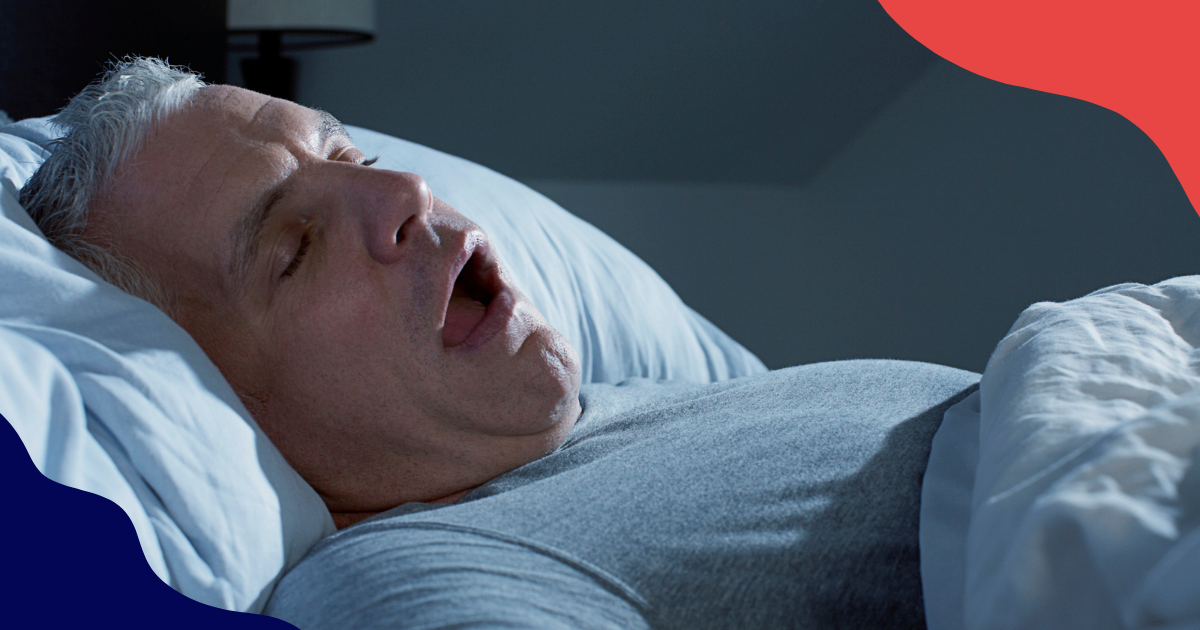We all hear about how we should cut off stress because it’s bad for our health. But did you know that stress alone can cause sexual struggles for men? This article discusses the relationship of stress to sexual wellness and how you can effectively balance your cortisol levels.
The Truth about Stress
Stress is a natural reaction of your body towards danger. It’s what helped humans survive and reach modern times. However, stress is meant as a response to actual physical danger, which is meant to be short-term. Nowadays, we experience stress towards things that don’t really have an evident end (e.g. a difficult family member, global warming, politics). This means that our body is constantly on alert, which taxes us physically over time, one of which is our sexual health.
Stress and Sexual Dysfunctions
Excessive stress affects your entire health, including your sexual well-being. In fact, stress can trigger the following sexual dysfunctions in men:
Erectile Dysfunction
Besides inhibiting testosterone production, stress can cause erectile dysfunction because it’s a risk factor for ALL chronic diseases that can disrupt blood flow. Chronically high levels of cortisol can keep blood pressure high because the body is in survival mode. This can damage the blood vessels over time. Stress can also disrupt sleep and cause a man to turn to unhealthy coping mechanisms like alcohol, cigarettes, binge-eating unhealthy food, and porn.
Premature Ejaculation
Performance anxiety, which triggers premature ejaculation, is a form of stress. It happens because a man is too worried or fearful of his sexual performance not being good enough. Stress is also a major contributor to mental health disorders like depression and anxiety, which are known to cause premature ejaculation. And the thing about improperly managed stress is that it can easily trap you in unhealthy cycles. The more you stress, the more you make mistakes, and the more you lose confidence in yourself.
Testosterone Deficiency
Cortisol, the stress hormone, has an inverse relationship with testosterone. This means that the higher the cortisol in your blood is, the lower the testosterone. Often, there are other reasons for testosterone deficiency. However, chronic stress can be a precursor. When you are always stressed, you shut off your body’s healing. This means your biological systems are compromised, which can lead to the development of chronic conditions.
Low Libido
Testosterone is necessary for arousal and maintaining sexual desire in men. Having it drop because of stress can mean a decrease in your sexual urges. It’s also hard to be in the mood when you’re emotionally a wreck because of stress. While some men turn to sex to be able to cope with stress, others find that it makes it hard for them to feel pleasure or even reach orgasm. Any kind of stress can kill your libido. It can be stress due to career or, worse, stress because of the sexual relationship itself.
Sperm Damage
Research shows a link between low sperm count (oligospermia) and poor sperm motility, the ability of the sperm to move efficiently to the egg cell. Some studies explain that this may be due to the debilitating impact of stress on testosterone, which is what starts sperm production. Others posit that it may be due to oxidative stress, which may cause damage to the Leydig cells (they produce your testosterone). Another recent study found that stress also leaves lasting impacts on sperm, which may cause issues for the fetus that can develop from it. All these can cause fertility issues for men.
Tips to Regulate Your Stress Levels
Since stress is such a huge factor in acquiring or exacerbating sexual problems, it becomes even more imperative to get it under control. Here are some proven ways on how to keep your stress levels low:
Be Disciplined with Sleep
Sleep is the most critical basic lifestyle factor that you should nail down to keep your stress levels low. Whenever you’re sleep-deprived, your cortisol spikes while your testosterone crashes. This means that lacking sleep is a good way to kill your libido and erection, so avoid it at all costs. If you’re having a tough time falling asleep, make sure that you’re adhering to good sleep hygiene practices. However, if you’re still experiencing insomnia, it may be time to consult an expert, as your sleep issues may be caused by underlying conditions.

Exercise Frequently
Exercising is one of the most sustainable ways of reducing stress levels. While your cortisol increases when you exercise (especially if it puts you under heavy strain), it trains your body instead. Your system learns how to handle cortisol efficiently, leading to lowered levels over time. Certain forms of exercise boost your sexual health in the long term. And most of all, frequent movement keeps you fit and prevents the consequences that come with being sedentary.
Eat an Enriching Diet
Not only does consuming a balanced and nutritious diet keep you healthy, but it also makes you feel physically good. If you eat a lot of ultra-processed food (heavy in carbs and vegetable oil), notice how your digestive system reacts to it and your energy levels. Now, compare it to when you eat a bowl of Caesar salad or steamed vegetables. Some of the food we consume taxes our body instead of helping it. This means that it causes unnecessary stress. To avoid this, follow the general guidelines on a healthy diet as you figure out along the way what your body specifically needs.
Avoid Negative Content
Half of the battle when it comes to managing stress is mitigating the triggers. A good way to activate your sympathetic nervous system is to read fear-mongering news, arguments in a comment section, and posts filled with complaints. Even if you’re not intentionally looking for these posts, social media is filled with this kind of content, hence the term “doom scrolling.” But you don’t have to mindlessly absorb negativity. You can curate your news feed by clicking “do not recommend” on negative posts or opt for a social media detox.
Try Meditation
Even if you cut off negative content, if your mind is constantly dwelling on depressing or anxiety-inducing thoughts, you will still get stressed. Nothing substitutes professional help. If you are experiencing a mental health crisis, you should seek the help of a psychologist. However, you can complement the treatment with techniques like meditation. Mindfulness meditation is wonderful at helping you become grounded in the present by focusing on current sensations.

Explore Stoicism
While meditating is wonderful for clearing the mind, if the way you perceive things causes you to be stressed, it will just be a band-aid solution. This is why mindset shifts are essential. While certain forms of therapy are wonderful at helping you reframe your thoughts, philosophical approaches like Stoicism offer a framework that you can adapt to. Stoicism focuses on letting go of the things you can’t control and focusing on what you can. This way, you’re not getting stressed by things you can’t do anything about.
Eliminate Anything Toxic
We’ve already talked about staying away from inflammatory content. However, it shouldn’t end there. If there’s anything that is toxic (unhelpful and violating your health) in your life, be it a relationship or a situation, leave. For example, if you have a job where your supervisor constantly screams or curses at you or burns you out, bring it up to HR while looking for a new job (in case they don’t handle it properly). Of course, you shouldn’t resign immediately if you have no financial safety net. But start taking active steps to resolve the problem or move to a better situation instead of enduring it.
Connect with Loved Ones
Loneliness is one of the biggest existing crises. For men, this is even more evident due to touch starvation. In fact, loneliness is so prevalent among men that male suicide rates remains high. However, loneliness has an antidote: meaningful human connection. When we share quality time or do joint activities with our loved ones, our cortisol level drops while our happy hormones go up. That’s why if you are feeling stressed or lonely, reach out. And if you don’t have anyone, explore online communities that are wholesome or positive in nature.
Conclusion
There are a lot of things you can do to manage your stress effectively, from adapting to a healthy lifestyle to influencing the triggers themselves. But if you’re still experiencing difficulties in the bedroom despite trying everything you can, book a consultation with us. Our experts will help you work on your stress and any other causes that may be behind your sexual dysfunction!




